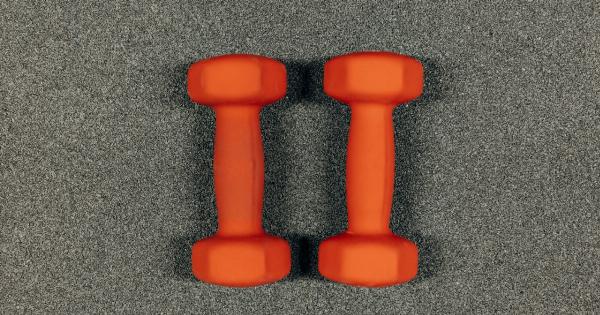Weight loss is an ever-growing topic in today’s world. People are becoming more and more conscious about their weight because of the numerous health benefits that come with maintaining a healthy weight. However, not all weight loss methods are the same.
Some methods cause the loss of water weight, while others cause the loss of actual body fat. Here, we will take a look at the difference between losing weight and losing water weight to help you better understand how weight loss works.
What is Water Weight?
Water weight refers to the amount of water that your body is holding on to at any given time. This water is stored in the body in various places, including your muscles, blood vessels, and within your tissues.
Whenever your body retains more water than it needs, it can cause bloating and swelling, which can make you feel heavier than you actually are.
One of the biggest culprits of retaining water in the body is excess sodium intake. Sodium is an electrolyte that helps regulate the amount of water in the body. However, when you consume too much of it, the body tends to retain more water than it needs.
This can lead to a temporary increase in weight.
What is Actual Weight Loss?
Actual weight loss refers to the loss of body fat, which is the result of burning more calories than you consume. Body fat is stored energy that your body uses when it needs more energy than what it is getting from your food.
When your body is in a calorie deficit, it starts burning fat to get the energy that it needs, which leads to actual weight loss.
The most effective way to lose body fat is by following a healthy diet and engaging in regular physical activity.
Eating a balanced diet that is rich in nutrients and low in calories can help you lose weight, while exercise can help you burn more calories and increase your metabolism.
Difference between Losing Water Weight and Losing Body Fat
The main difference between losing water weight and losing body fat is that water weight loss is temporary, while actual weight loss is permanent.
Whenever you lose water weight, you are simply losing excess water that your body is holding on to. This water weight can be easily gained back by consuming too much sodium or not drinking enough fluids.
This is why many fad diets that promise quick weight loss tend to rely on manipulating water weight, rather than actual body fat.
On the other hand, losing body fat requires a consistent effort to maintain healthy habits. When you lose body fat, your body becomes more toned and defined, and you become healthier overall.
How to Tell If You Are Losing Water Weight or Body Fat?
The best way to tell if you are losing water weight or body fat is to monitor your weight loss progress over a period of time and keep track of your body measurements.
If you are losing weight too quickly, it is likely that you are losing water weight rather than body fat. If your body measurements are shrinking, however, then you are most likely losing body fat.
The Bottom Line
In conclusion, understanding the difference between losing weight and losing water weight is crucial if you want to achieve sustainable weight loss.
While losing water weight can make you feel lighter temporarily, actual weight loss requires consistent effort and healthy habits. By adopting a healthy diet and exercise regimen, you can lose body fat and achieve permanent weight loss that will make you feel and look great.





















